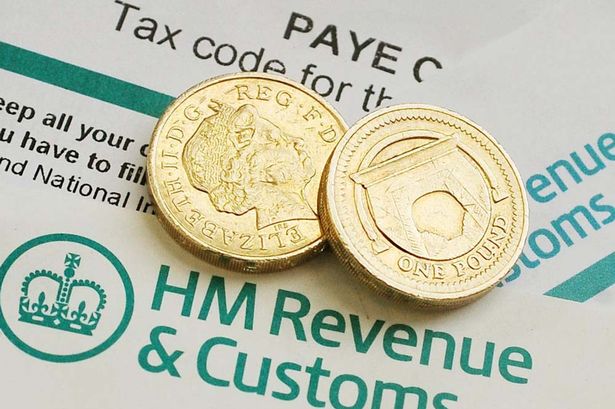A judge dismissed an investors claim to overturn a poor decision by the tax authority even though the investor won his argument in court.
Investor Robert Ames had invested £50,000 in January 2005 in the Enterprise Investment Scheme, selling the shares in June 2011 for £333,200.
Ames included the share sale on his 2012 self-assessment filing, but HM revenue & Customs declined his application for CGT relief on the amount because he had filed to notify the tax authority of the investment in 2006.
Ames told the Upper Tribunal that he did not do so because his tax liability for the year was just £42, so he had no tax liability to reduce.
Decision appealed
However, HMRC ruled he could not claim the tax relief that reduced his CGT due on the shares to zero because he had not filed the EIS3 notification form in 2006.
Ames appealed the decision and the case eventually went before the tribunal.
There, he argued the legislation was poorly drafted as someone who had income of £1 above the personal allowance that was subject to tax could obtain 100% CGT exemption but someone, like him, with no taxable income could not obtain any CGT exemption.
The judges at the tribunal agreed but dismissed his appeal because they ‘could not ‘rectify the terms of highly prescriptive legislation to include provisions which might have been included but were not actually there’.
Powerless judges
They also said they were powerless under EU law because there was no fundamental error in the drafting of the regulations.
But they did point out that HMRC had the power to grant the relief and had not clearly explained in guidance that failing to file an EIS3 would block a later claim for tax relief.
The tribunal also pointed out that HMRC technical experts seemed to misunderstand the rules and asked how they expected Ames to interpret them as a layman.
Companies approved by HMRC under EIS issue an EIS3 to investors to confirm their shares qualify for tax breaks. The form is typically submitted with a self-assessment tax return.
Read the full tribunal report Ames v HMRC [2018] UKUT 0190 TCC
